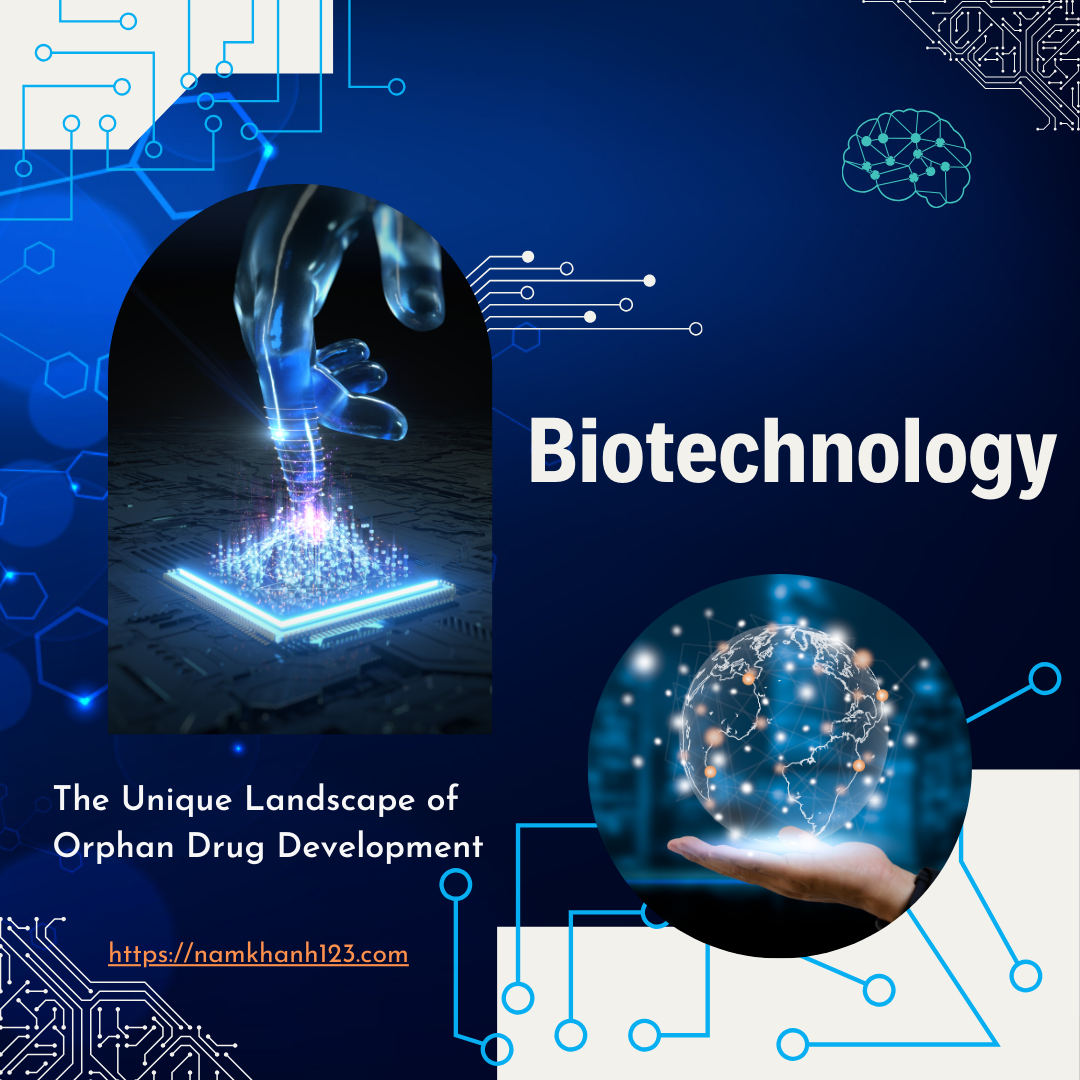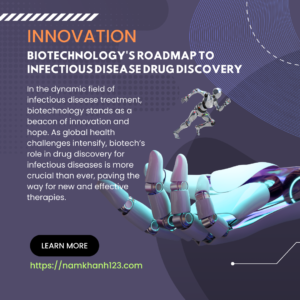In the pharmaceutical world, the development of orphan drugs, which are designed to treat rare diseases, presents unique challenges. Biotechnology, with its innovative solutions, is playing a crucial role in addressing these challenges, bringing hope to patients who suffer from these often-neglected conditions.
The Unique Landscape of Orphan Drug Development
Orphan drug development focuses on rare diseases that affect a small percentage of the population. These conditions often lack effective treatments due to limited research and financial incentives for pharmaceutical companies. Biotechnology is changing this narrative by offering new methods to develop and produce drugs for these rare conditions.
Genetic Insights and Targeted Therapies
With advancements in genetic research, biotech companies are able to identify specific genetic mutations responsible for rare diseases. This understanding allows for the development of targeted therapies, which are more effective and have fewer side effects compared to traditional treatments. Gene therapy and RNA-based treatments are examples of how biotech is providing targeted solutions for rare diseases.
Overcoming Economic Challenges
One of the biggest challenges in orphan drug development is the economic aspect. Biotechnology is addressing this through innovative funding models and partnerships. Collaborations between biotech firms, governments, and non-profit organizations are essential in pooling resources for research and development, making the process more financially viable.
Streamlining Clinical Trials
Clinical trials for orphan drugs face unique hurdles, such as recruiting a sufficient number of participants due to the rarity of the conditions. Biotechnology is aiding in streamlining this process through the use of biomarkers and patient registries, which help in identifying potential trial participants more efficiently.
The Role of AI and Big Data
Artificial Intelligence (AI) and big data are becoming invaluable tools in orphan drug development. AI algorithms can analyze large datasets to identify potential drug targets and predict the efficacy of compounds, accelerating the discovery process. Big data analytics also aids in understanding rare disease patterns and patient demographics, essential for clinical trial design.
Innovative Biotech Approaches for Rare Diseases
Biotechnology is not just about developing new drugs; it’s also about rethinking existing ones. Drug repurposing, where existing drugs are tested for efficacy against rare diseases, is an area where biotech plays a significant role. This approach can significantly reduce the time and cost associated with bringing a treatment to market, crucial for rare disease therapies.
Enhancing Drug Accessibility and Affordability
A critical aspect of orphan drug development is ensuring accessibility and affordability. Biotech companies are increasingly focusing on innovative distribution models and pricing strategies to make these life-saving drugs more accessible to those who need them. Patient assistance programs and global access initiatives are examples of how biotech is working to bridge the gap between innovation and accessibility.
Regulatory Support and Incentives
Regulatory support is vital for the success of orphan drugs. Many countries offer incentives like tax credits, market exclusivity, and fast-track approvals for orphan drug development. Biotechnology companies leverage these incentives to invest in research and bring new treatments to patients faster.
Collaborative Research and Development
Collaborative research is a cornerstone of biotech in orphan drug development. By collaborating with academic institutions, patient advocacy groups, and other stakeholders, biotech firms can leverage a wider range of expertise and resources. These collaborations are essential for understanding rare diseases better and developing effective treatments.
The Impact of Biotech on Patient Lives
The impact of biotechnology in orphan drug development extends beyond the laboratory and clinical trials; it touches the lives of patients and families dealing with rare diseases. By providing new treatments and hope, biotech is changing the narrative for rare disease patients, offering them a better quality of life and, in many cases, a chance at a longer life.
Future Prospects in Orphan Drug Development
Looking forward, the prospects for orphan drug development in biotech are promising. With continuous advancements in technology and an increasing focus on personalized medicine, biotech is well-positioned to address the complexities of rare diseases. The future holds the promise of more breakthrough therapies, thanks to the relentless efforts and innovation in the biotech sector.
Conclusion
Biotech solutions are a beacon of hope in the challenging landscape of orphan drug development. By pushing the boundaries of science and embracing collaborative, patient-centric approaches, biotechnology is not only advancing the treatment of rare diseases but is also reinforcing the commitment to serving every patient, no matter how rare their condition. As biotech continues to evolve, its transformative impact on orphan drug development will undoubtedly grow, marking significant strides in global healthcare.



